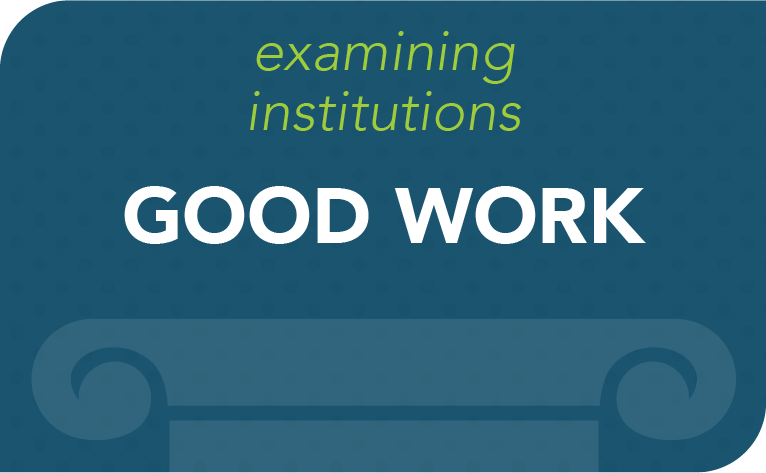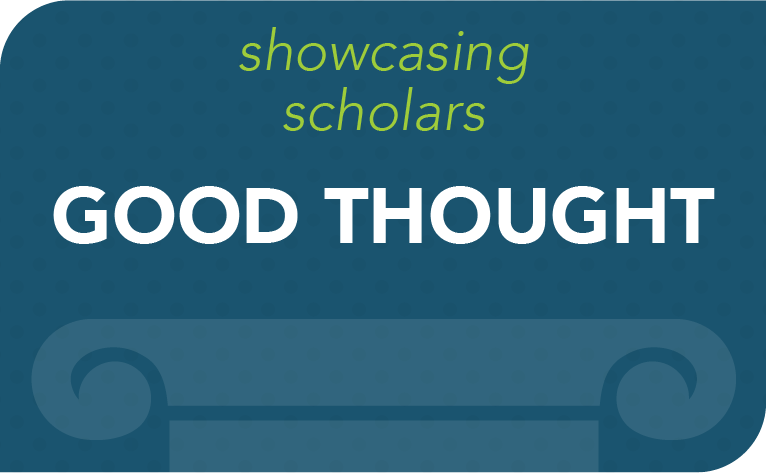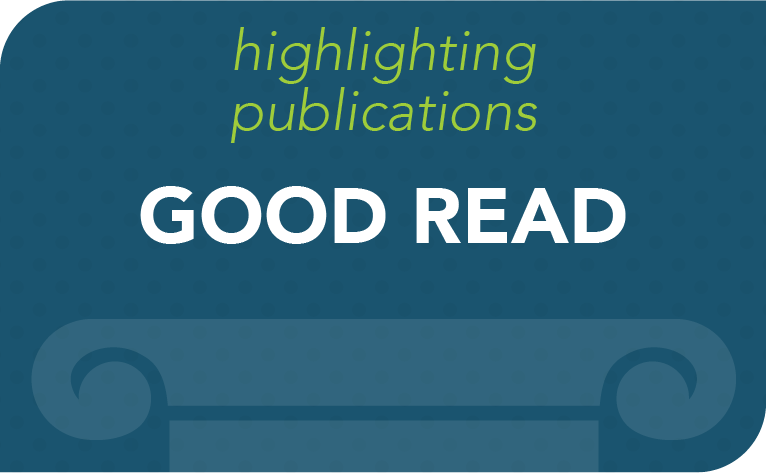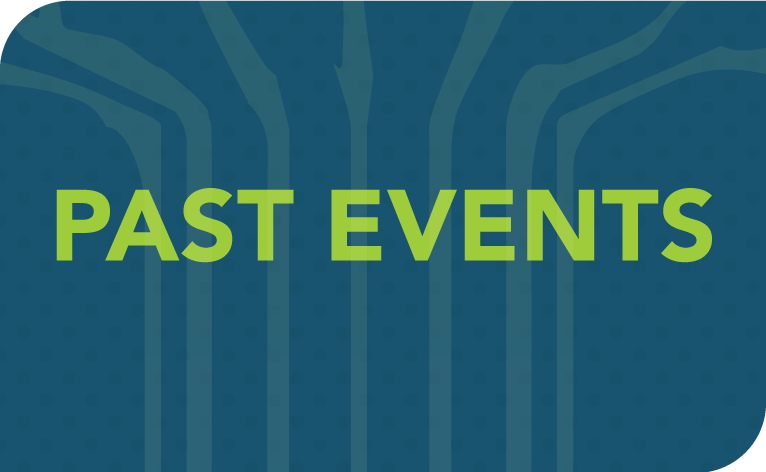
Life Worth Living and the Purpose of Higher Education
April 2022
In 2014, Miroslav Volf and Ryan McAnnally-Linz at the Yale Center for Faith & Culture piloted Life Worth Living, an undergraduate course that asks what it means for life to be lived well and encourages students to ask questions of meaning by engaging seven diverse traditions: the Buddha, the Torah and the Hebrew prophetic and wisdom writers, Jesus of Nazareth, Muhammad, John Stuart Mill, and Friedrich Nietzsche. Since 2014, the course has consistently been one of the most popular at Yale, with a lottery system to fill 100 spots.
Program Director Matthew Croasmun describes how the course is not only changing individual lives, but also providing a model within higher education that is gaining interest among faculty and graduate students who plan to teach in universities.
“I always begin on the first day of class by saying the title of this class might make you think this course is going to be about whether your life is worth living. This course is not about whether your life is worth living. I want you to know on day one, your life is worth living. This course is about exploring in what the worthiness of our shared humanity consists,” Croasmun said. “Many students will tell instructors at the end of the term, ‘you know that wasn’t just a quick clarification.’ For them, that was really important. They needed to hear from someone that their life was worth living, and at the end of the semester they have a real sturdy sense of the truth of that and a sense of resources of where they can return to be reminded of that and to be grounded in.”
The undergraduate Life Worth Living Course runs during the spring semester in 6 to 8 small seminar groups that are taught by advanced graduate students. During the fall, Croasmun meets weekly with this teaching team. The group reads books by authors such as Parker Palmer, bell hooks and Willie James Jennings and discusses issues such as power and vulnerability in pedagogy.
“Often this model presents real challenges for the graduate students who have often seen a particular model of what it means to be the instructor in the classroom that’s about objective distance and teaching out of expertise, where their status in the classroom is built on expertise,“ Croasmun said, noting that because Life Worth Living addresses questions about life through many different religious and philosophical traditions, none of the teachers are experts on all of them.
“As we’re going to spend most of our time teaching outside of our expertise, we need to have a different sort of teaching persona and sense of what kind of authority is exercised if you’re not the answer person and if you’re taking on questions that we’re all, as human beings, just always going to be wrestling with,”Croasmun said. “bell hooks’ rule that you never ask your students to take a risk of vulnerability that you haven’t taken yourself is a sort of cardinal rule for us. We really dig into some of her work on teaching, so that we understand where that value comes from and why we want to share it and execute it together.”
In some ways, these cohorts of graduate students are as much the targets of formation as the undergraduate students who register for the course.
“I have a lot of hope that we’re sending graduate students into the world with a particular approach to teaching and a particular sense of what the university might be,” Croasmun said. “My hunch is that anything that they teach will find ways to invite students to ask these more fundamental existential moral questions that are always present in the humanities, but often permission needs to be granted or space needs to be made for students to really take up those questions.”
This approach is spreading in other ways too. Life Worth Living has developed a network of faculty at other institutions who are piloting similar kinds of courses, and they have offered summer workshops on how to teach this sort of course. Croasmun says their objective is not to export an exact replica of the Yale course; rather, to share a vision for what higher education can be.
“There are shared pedagogical concerns and learning objectives,” he said. “We hope students have space to ask fundamental questions about in what the worthiness of their life consists and how to put what matters most at the center of their lives. We want students to ask questions, not just about the most effective means, but about the most significant ends.”






